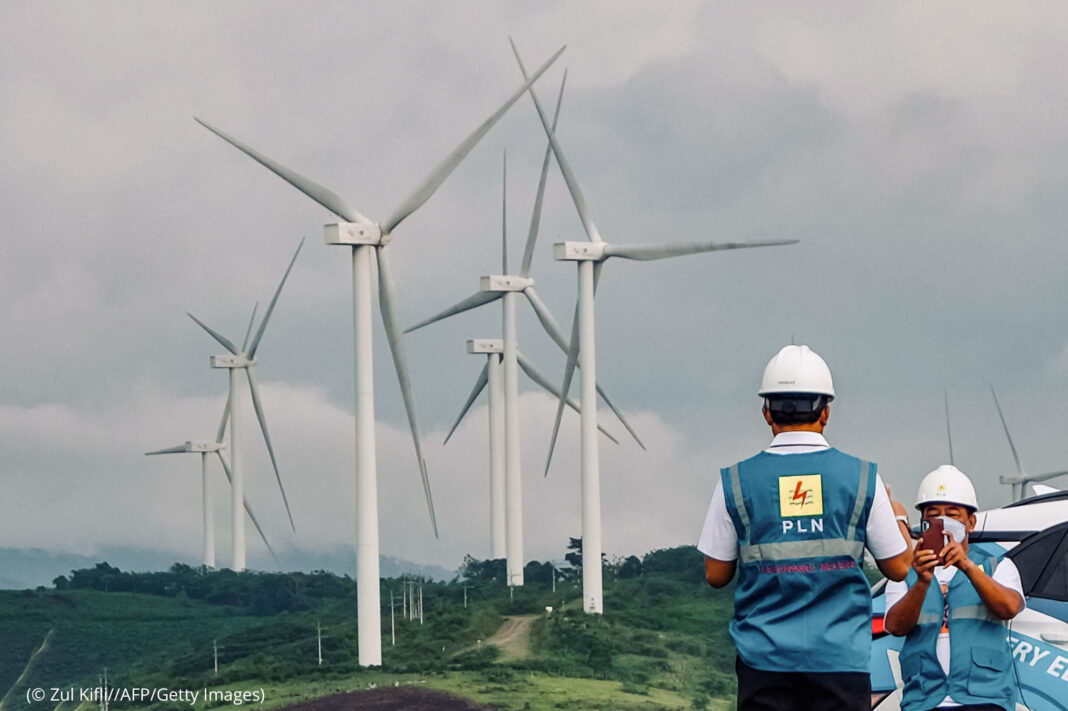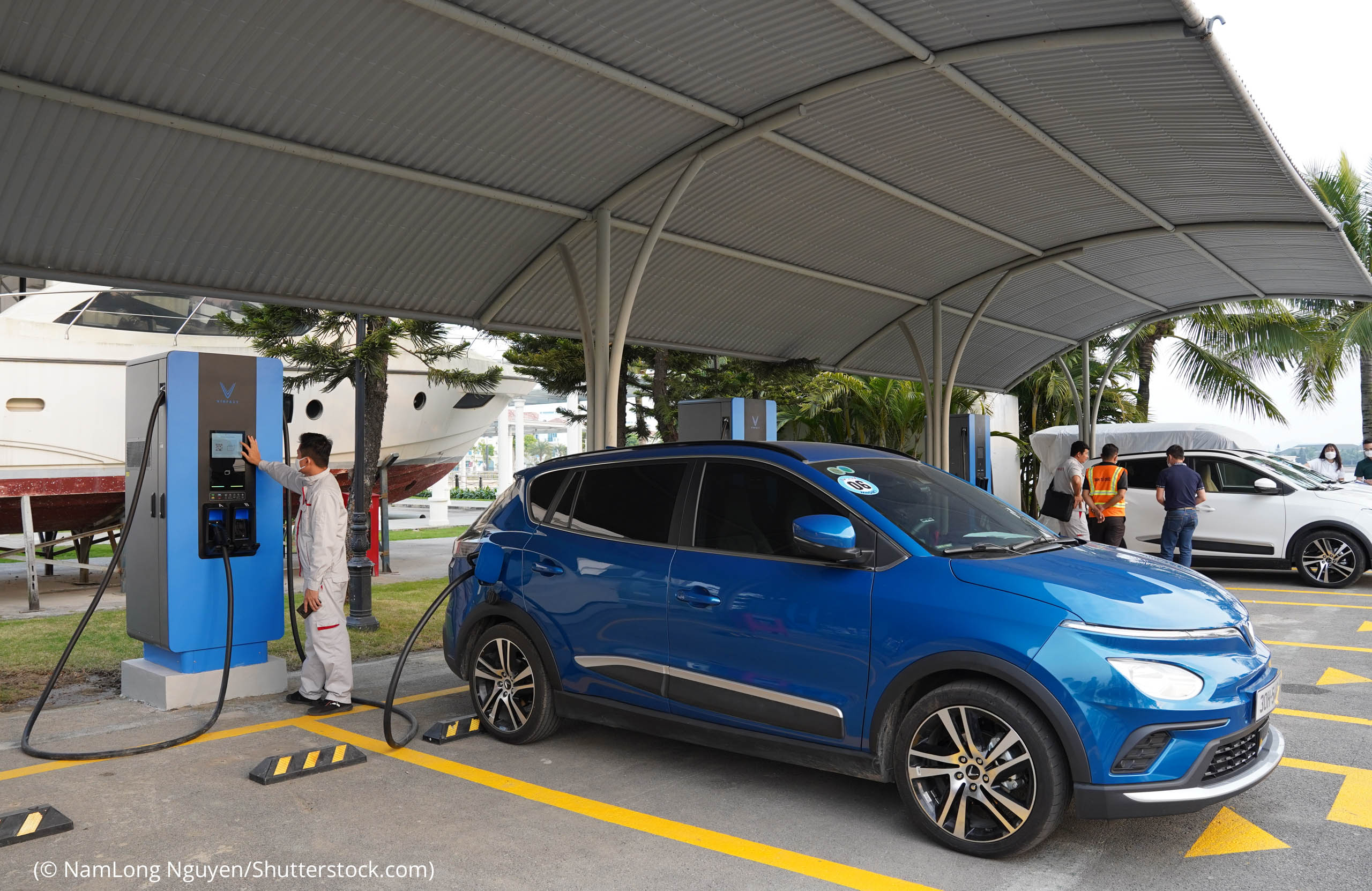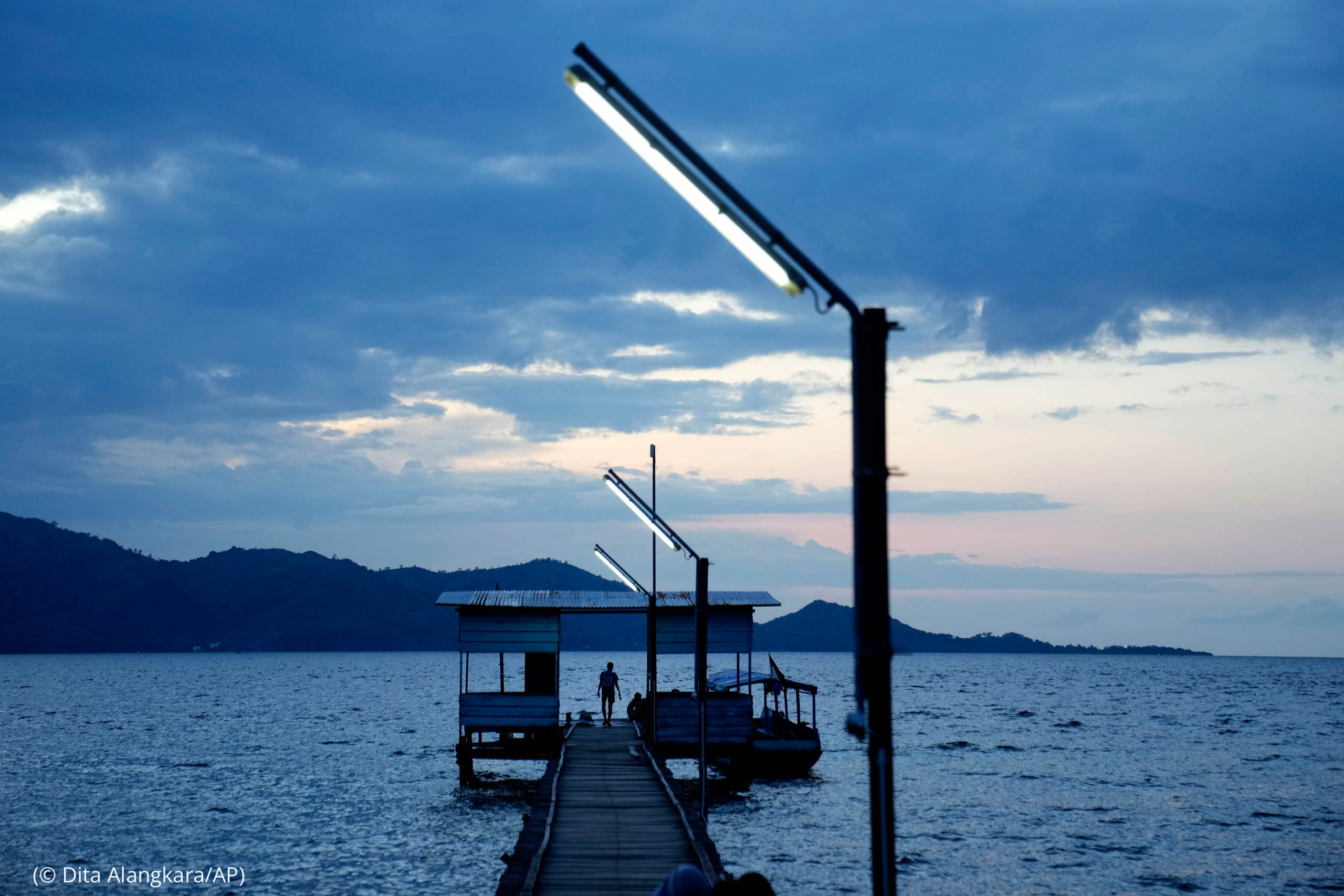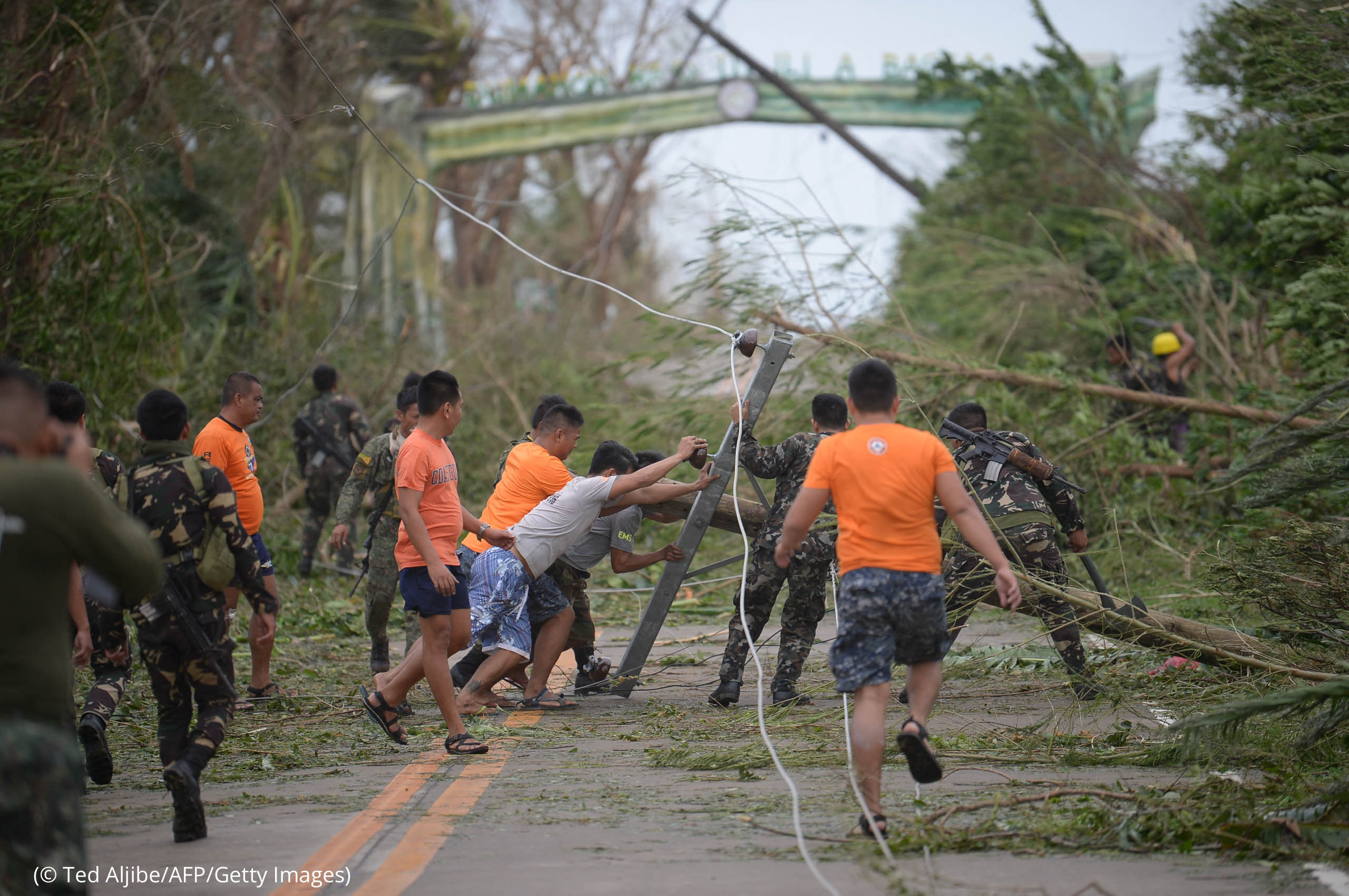
When Son Nguyen lived in the United States, he saw rapidly advancing electric vehicle technology and heard stories from back in Vietnam about air pollution.
So after returning home he launched Dat Bike in 2019. The company sells electric motorbikes in Danang, Hanoi and Ho Chi Minh City and is exploring reuse of electric batteries and how to power its factory with green energy.
Electric vehicles are “the most direct and efficient solution to improving the air quality in Vietnam, and in other countries in Southeast Asia,” Nguyen told Vietnam Investment Review in 2022.
Over the last two decades, energy demand in southeast Asia increased by an average of 3% annually, according to the International Energy Agency’s Southeast Asia Energy Outlook 2022.
Dat Bike is one of numerous partners the U.S. government works with to meet this rapidly growing demand for clean energy. The U.S. also works with electric vehicle manufacturers VinBus and VinFast, as well as Vietnam’s largest electric utility, to support the country’s goal of achieving net-zero carbon emissions by 2050.

The U.S. Agency for International Development’s (USAID) Vietnam Urban Energy Security project, helping Vietnam deploy electric vehicles, is one of the numerous U.S. government partnerships that are mobilizing billions of dollars to meet growing demand for clean energy in the Association of Southeast Asian Nations (ASEAN) member states.
Launched in December 2021, the USAID Southeast Asia Smart Power Program (SPP) aims to mobilize $2 billion for clean energy projects across the region. In June, SPP issued a $3 million grant to the ASEAN Centre for Energy (ACE) to increase renewable energy in the region’s power systems.
“Together, we will strive to increase clean and reliable power, reduce inefficiencies, enhance air quality, and advance climate mitigation efforts,” ACE Executive Director Nuki Agya Utama said in June, calling the partnership “pivotal in achieving our regional targets by 2025.”
Here are several of the many partnerships advancing clean energy in Southeast Asia:
Mekong region
Since 2016, the U.S. government has worked with Lower Mekong countries and other ASEAN member states to encourage renewable energy investments. The cooperation has resulted in the installation of 10,000 megawatts of new energy capacity, enough to power nearly 8 million homes.
USAID’s Mekong Sustainable Manufacturing Alliance helped textile manufacturers in Cambodia, Thailand and Vietnam continue to meet production goals while using less energy. In Cambodia and Vietnam, the alliance supported installation of solar rooftop systems projected to avoid or reduce 68,000 tons of emissions from the apparel manufacturing sector over the next 15 years.
Indonesia

A U.S. grant announced in May will support a PT Medco Power Indonesia study needed to develop a wind power plant on Indonesia’s island of Sumbawa. The project advances the Indonesian-led Just Energy Transition Partnership (JETP) with the U.S., Japan and other partners. JETP is mobilizing $20 billion to accelerate Indonesia’s sustainable economic development.
Since 2015, USAID support for new renewable energy generation capacity in Indonesia has brought clean energy to more than 3.3 million people. USAID also mobilized $1.62 billion in private and public sector clean energy investments expected to improve energy access for over 5.3 million Indonesians.
The United States also supports completion of the Rantau Dedap geothermal power project and the Bayang Nyalo hydropower project, both on Indonesia’s island of Sumatra. At Rantau Dedap alone, the renewable energy plant improves electricity access for more than 1.2 million people.
The Philippines
In June, USAID announced over $1.16 million to support installation of solar roofing, nanogenerators and other renewable energy technologies in the Philippines. Improved energy access will help remote communities in Cagayan and Isabela prepare for and recover from natural disasters, USAID says.
The grants are part of USAID’s Energy Secure Philippines project, launched in 2021. In 2022, the program supported the Philippines’ first renewable energy auctions to secure projects to meet growing clean energy demand. The Philippine Department of Energy awarded 18 contracts for solar, wind, biomass and hydropower energy, equal to nearly 7% of the country’s energy capacity.
“Energy is the foundation for systems such as banking, telecommunications, digital platforms, health, education, and transport, among other services,” USAID Assistant Administrator Michael Schiffer said June 20. “We look forward to partnering with the Philippines to provide greater access to sustainable energy in remote communities, increasing prosperity for families across the country.”
